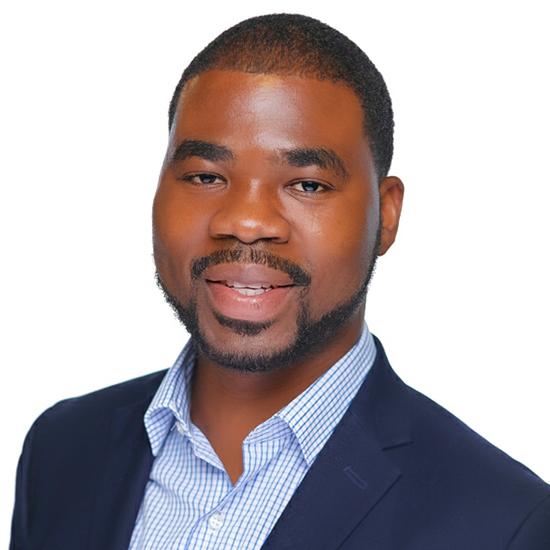Seaver College Professor John Taden Discusses Social Media as a Source of Information and Engagement in New York Times Upfront

Scrolling through social media has overtaken the morning ritual of flipping through a newspaper. News that used to be discussed at the breakfast table is now open to worldwide debate. With more than two thirds of the global population using social media, many question whether this change in information circulation has been a benefit or a bane to the world at large.
Experts on international public policy, such as John Taden, a professor of international studies at Seaver College, contend that social media has offered benefits to society by making news more widely accessible and, in turn, has supported democracies worldwide. Taden recently presented this perspective in an issue of New York Times Upfront, a magazine jointly published by The New York Times and Scholastic Inc. that assists high school teachers and students incorporate conversation on current events into the classroom experience. Scholastic Inc. later developed a lesson plan based on Taden's publication.
“Information used to flow primarily through limited channels, such as newspapers or television,” Taden explained to students in his piece. “Today social media allows people to bypass gatekeepers and engage with others on government policies or any subject of interest. Even if they're not part of the debate, they're aware of the issue.”
According to Taden, social media’s real-time news sharing has increased civic engagement. Constituents in specific nations can better hold leaders and policymakers accountable while avoiding the possible dangers that might occur from on-site opposition.
“I'm interested in seeing how democracy and institutions change because of the population’s increasing use of social media,” Taden now shares. “Platforms like Facebook and Twitter have been instrumental in toppling authoritarian rule abroad. These are instances where social media enabled people who may never have had face-to-face contact to discover a community built around a common cause.”
As many of New York Times Upfront’s readers are nearing voting age, Taden believes that both the advantages and disadvantages of social media participation and how they affect people on a global scale are important for them to know.
To this end, Taden’s views were featured in dialogue alongside a dissenting scholar who focused on the negative impacts of social media, noting that it spreads misinformation, stokes division, and has the potential to negatively affect teen mental health. While affirming the truth of these concerns, Taden contends that eliminating social media is not a feasible solution; this digital infrastructure is far too entrenched into our lives and the social fabric to just eliminate it.
“In this debate, I wanted students to wrestle with the tradeoffs embedded in social media—its capacity for misinformation and mental harm against its undeniable role in fostering connection and community,” says Taden. “Intellectually, this is how they challenge their own beliefs and refine their ideas.”
Visit New York Times Upfront online to read Taden's article in full. Find a lesson plan created from his publication here.